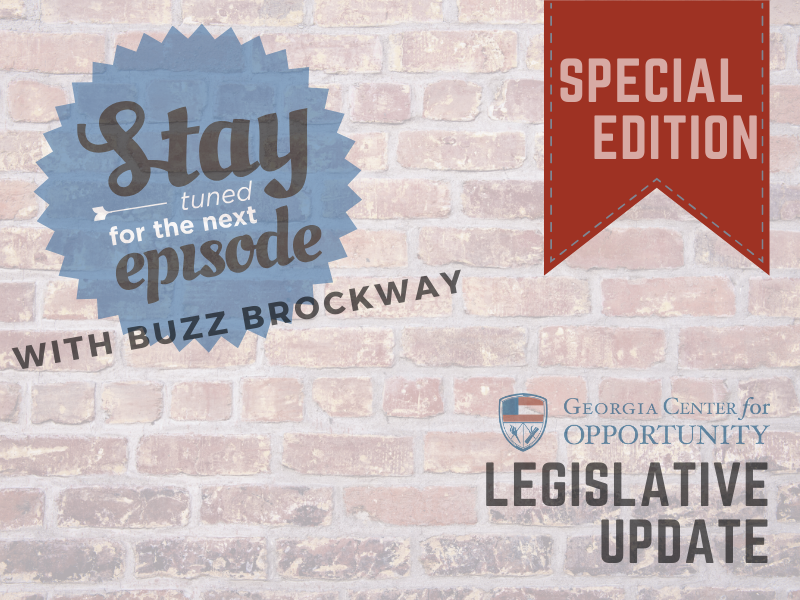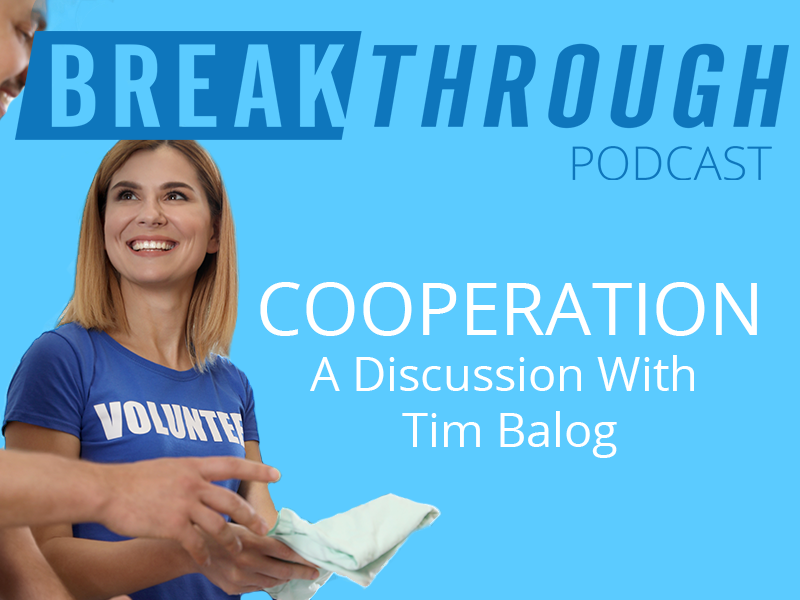Fully Reopening Georgia’s Economy Safely
As stories continue to mount on the impact of the current COVID-19 pandemic on individuals and communities, the Georgia Center for Opportunity recognizes the need to come together as communities. This is already happening with social distancing becoming the new norm. The next step is for businesses, workers and patrons to begin to take the responsibility on themselves to provide safe environments. With the guidance of health experts, Georgia has the opportunity to be an example of how responsible individuals can come together to combat a common threat.
Recommendation for a Governor’s Task Force
On April 21, 2020, a day after Governor Brian Kemp outlined steps to safely reopen Georgia’s economy, the Georgia Board of Cosmetology and Barbers issued guidelines on how its licensees may resume operations while looking after public health and safety. This step sets an example for other industries so that all Georgians can get back to work again in a safe and successful manner.
The task for reopening the economy is uncharted territory complicated by the fact that Georgia has 233,500 employer-based establishments, according to the most recent data from the U.S. Census Bureau. There are not only differences between industries, but operations and practices can vary widely among business firms within industries. While we can rely on licensing boards and other government agencies to develop guidelines within their purviews, the complexity of the economy demands more.
The Georgia Center for Opportunity (GCO) believes that the only way the Governor’s initiative to reopen the economy can be successful is if business leaders, employees, and customers innovate and adapt to operations under the new circumstances. The best solutions will bubble up from individuals at the local level who will develop practical solutions to safely resume activity. While we all properly look to the Governor for his leadership, success will depend on how each member of the community responds. Local heroes will rise to the occasion in their own ways and set an example for us to follow.
Therefore, GCO recommends a process to help facilitate the Governor’s directive for reopening the economy. The hope is that it will allow the economy to operate under a restricted environment until it is possible to return to full functioning without concern for public health, such as having the population protected with a Covid-19 vaccine or a medication available that is both safe and effective against the virus.
To help ensure the success of reopening the economy, GCO recommends the Governor establish a task force to invite business leaders to submit guidelines specific to their industries. The Governor can use these industry-specific guidelines produced by this process to help him make further decisions on how to effectively and safely bring Georgia’s economy fully back. Furthermore, by making the guidelines available publicly, it will help others determine the best ways they, too, can resume activities safely.
Role of the Task Force
The proposed task force will notify business leaders of the opportunity to set up teams for their industry. These teams will draw up guidelines on how businesses in their industry will resume operations in a safe manner, consistent with CDC guidelines and other guidance provided by the Commissioner of Public Health.
The task force may initiate contact with business leaders and invite other industries to form teams. Businesses are responsible for writing the guidelines. In other words, the task force will not write the guidelines. Its job is to facilitate the process and to assist where needed. This approach relies on innovation and the resilience of individuals that have been the hallmark of American prosperity. It also recognizes that the best solutions rise up from individuals at the local level.
The members of the task force should be state officials and key government staff of the Governor’s choosing, and the Governor may elect to appoint private citizens to participate in the task force as well. For example, among those the Governor chooses for the task force may include the economic development commissioner, the labor commissioner, key staff from the Governor’s office, an economic advisor, and perhaps a well-known business leader.
Infectious Disease Guidance
Under the proposal, the Commissioner of Public Health plays a critical role. Business leaders, employees, and customers need good and trustworthy information to help them make good decisions. Therefore, the Commissioner will provide guidance, including forwarding CDC information, on how to stop the spread of infectious disease. It is important to formalize her role in this process so that her team can be fully engaged in providing guidance to businesses, employees, and customers.
The information provided by the Commissioner will be crucial to the business teams, allowing them to develop their industry-specific guidelines. As new information and technologies on stopping the spread of infectious disease become available, the commissioner will provide updates. These updates will enable the industry teams to modify their guidelines appropriately.
In turn, small and large businesses alike can use the guidelines to devise practices and protocols on how they can resume operations safely.
Industry Teams
Business leaders will volunteer their time and are expected to put together their own teams of experts to devise the guidelines. When the proposed guidelines are ready, they simply submit them directly to the task force.
Under this proposal, businesses are free to form their own teams and submit their proposals even if they were not approached by a member of the task force.
Website
One of the first actions of the task force should be to establish a central website with easy access and easy navigation to all industry guidelines and announcements. In addition, the website should provide links to guidance from the Commissioner of Public Health and the names of the industry team members to facilitate communications. This website should go online as soon as possible
Responsible Society Reaction
Reopening the economy is extremely important. The livelihoods of Georgians are dependent on it. Moreover, a strong economy is the best policy against poverty, and we certainly do not want to thrust more Georgians into poverty. Therefore, we must find ways to safely resume activity within the current environment. Georgia can be an example to the nation, but its success depends on how we as individuals respond and innovate.







